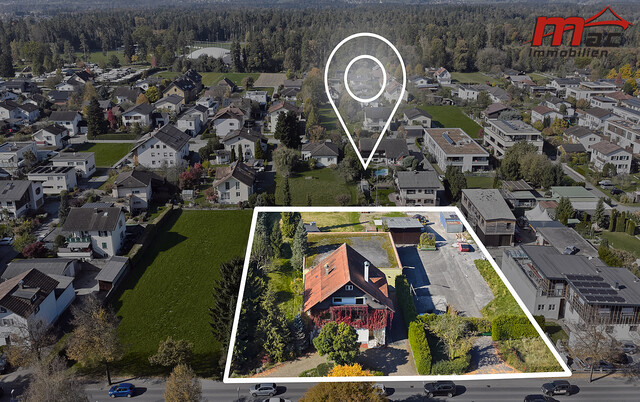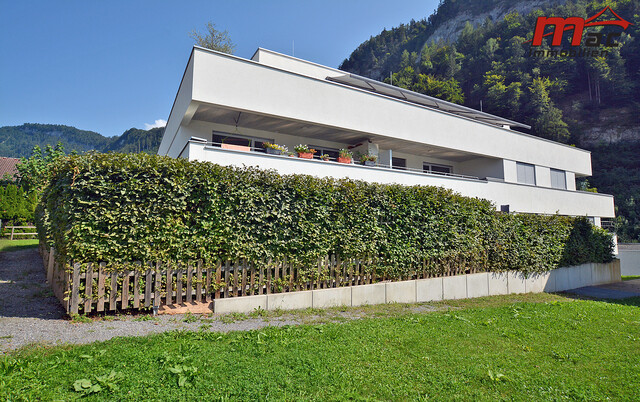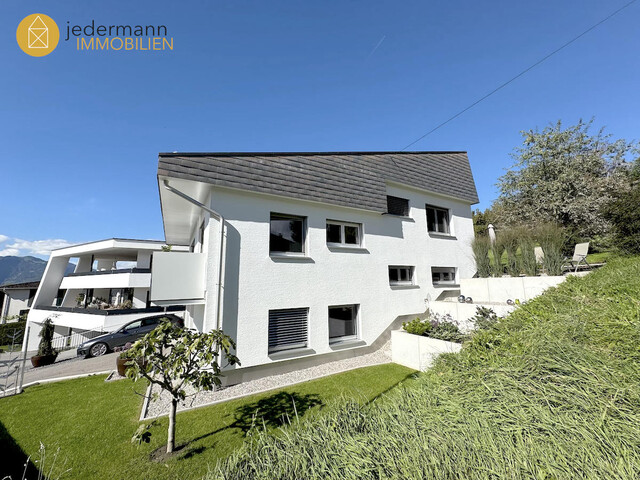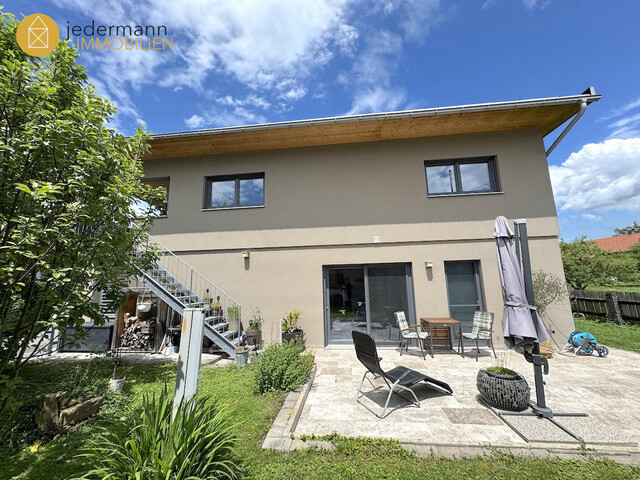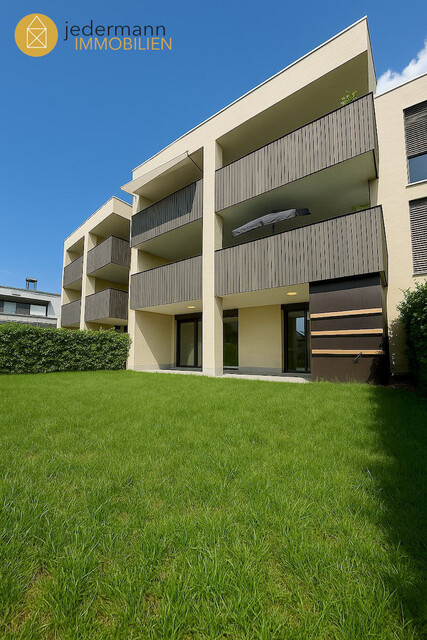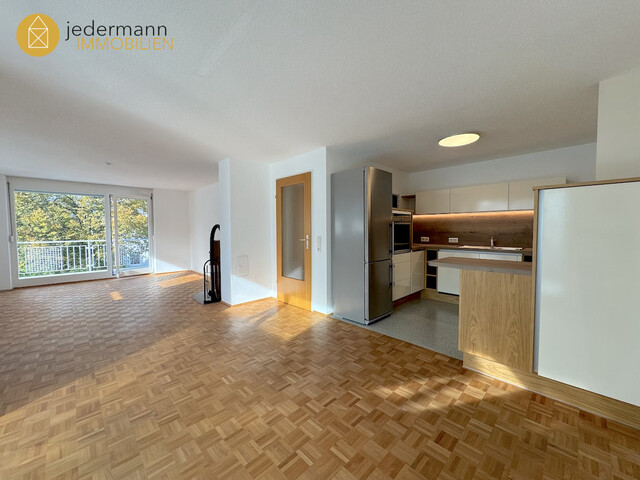What You Should Definitely Check in the Rental Agreement

In Austria, the rental regulations are complex – they depend heavily on whether your rental property falls under the full, partial, or non-applicability of the Tenancy Law (MRG). Therefore, you should carefully check the following ten points:
1. Applicability of the Tenancy Law (MRG)
First, you should find out whether the MRG is applicable to your rental agreement at all. For buildings with a building permit before June 30, 1953 – usually old buildings with three or more residential units – the MRG applies fully. You then benefit from legally fixed rent levels, comprehensive protection against termination and price increases. If your apartment was built after this date or is in a new building with fewer units, the MRG only applies partially: It protects you in case of termination and personal use, but allows a lot of contractual freedom regarding rent and operating costs.
For existing properties such as single or two-family houses, the MRG does not apply at all – almost exclusively the ABGB applies, without legal rent or termination protection. These distinctions are clearly documented by the WKO and Chamber of Labor and are crucial for your rights as a tenant.
2. Fixed-term vs. indefinite rental agreement
If your contract is fixed-term, check carefully: In the full or partial applicability of the MRG, the minimum duration must be three years. Otherwise, the contract is automatically considered indefinite, and the landlord must observe a notice period. After the term expires, the contract usually extends – unless otherwise agreed – by three years or becomes indefinite.
3. Rent and operating costs
In the full applicability area, you must adhere to guideline or category rent, whose upper limits are legally defined and verifiable. You can have these checked by the arbitration board or the court. In partial applicability or non-MRG areas, free rent agreements are possible – here you have much less price protection. Operating costs must always be transparent and comprehensible, and you have the right to inspect the accounts.
4. Condition of the Rental Property & Accessories
Note any defects in writing or photographically when taking over the apartment. If your contract promises a "renovated" apartment, this condition must also be present – otherwise, you can demand renovation or a rent reduction. Additionally, the basement, parking space, bicycle storage, or garden should be explicitly mentioned as accessories.
5. Deposit & Contract Fees
The deposit, usually two to three months' rent, must be kept separate from the landlord's assets (e.g., in a savings account) and is to be refunded after the end of the tenancy. In the event of insolvency, you have a statutory preferential right (§ 48 IO). Speaking of fees: The rental contract fee has been waived since November 11, 2017, for residential spaces, so no fee is incurred.
6. Maintenance & Minor Repairs
In the full application area of the MRG, the landlord is responsible for maintenance (§ 3 MRG), and no one can assign minor maintenance work to you. Minor repairs – such as painting or replacing defective fittings – are only permissible to a certain extent. Outside the MRG, the ABGB applies to maintenance.
7. Subletting, Pets & Community Agreements
Without the express consent of the landlord, subletting and keeping pets are often prohibited. If you plan to have a shared apartment or keep animals, this must also be explicitly regulated in the contract to avoid legal conflicts.
8. Notice Periods & Protection Against Termination
Under the fully applicable MRG, a three-month notice period is standard, and early contract terminations are only possible with a written agreement or for important reasons. Outside the MRG, protection against dismissal can be significantly limited – here you need clear contractual exit regulations.
9. Form & Completeness
The contract should be in writing and include all important points: full names and addresses, exact property description, rent, operating costs, deposit, payment terms, duration, notice periods, and special agreements. You should also get a copy and record verbal promises in writing.
10. Review by Experts
Ideally, have your contract reviewed by an advisory body such as the Chamber of Labor, the Tenants' Association, or a lawyer specializing in tenancy law before signing. This ensures that no inadmissible clauses are included and your rights are preserved.
The sources for the article included both the Tenancy Law, as well as information and tips from the Chamber of Commerce, Chamber of Labor and Tenants' Association.
(Red)
This article has been automatically translated, read the original article here.
Du hast einen Hinweis für uns? Oder einen Insider-Tipp, was bei dir in der Gegend gerade passiert? Dann melde dich bei uns, damit wir darüber berichten können.
Wir gehen allen Hinweisen nach, die wir erhalten. Und damit wir schon einen Vorgeschmack und einen guten Überblick bekommen, freuen wir uns über Fotos, Videos oder Texte. Einfach das Formular unten ausfüllen und schon landet dein Tipp bei uns in der Redaktion.
Alternativ kannst du uns direkt über WhatsApp kontaktieren: Zum WhatsApp Chat
Herzlichen Dank für deine Zusendung.

